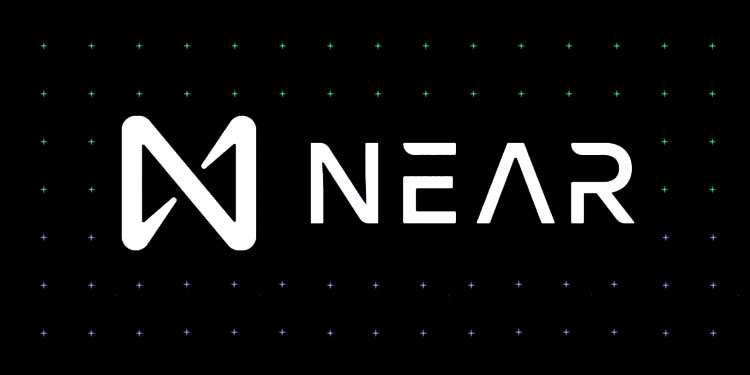
Pocket Network’s assistance of NEAR will intend to enhance the experience of developers, enabling them to implement apps on every blockchain network backed by Pocket Network.
Notably, Pocket Network has revealed that it has 47,000 running nodes across the globe. These full nodes serve Web3 apps throughout 46 blockchains, including Polygon, Ethereum, Fuse, Solana, Polygon, Harmony, and Avalanche.
Aiding NEAR reinforces Pocket’s objective of assisting 100 blockchain networks by the end of 202, as per Michael O’Rourke, co-founder and CEO, Pocket Network.
He further stated that “Pocket Network’s assistance for NEAR enables developers to make use of an RPC facility, generates an additional income stream in the kind of $POKT rewards for full-node players, and operates on the NEAR blockchain network. All parties involved, including NEAR applications, NEAR nodes, and even the Pocket Network protocol, stand to benefit from this situation.”
Pocket Network sets aside NEAR network bandwidth and transmits NEAR traffic via its covenant. As an outcome, Pocket Network minimizes the issue of linking decentralized aps (Dapp) to NEAR via a simple three-click procedure for coders to start generating RPC gateways via the layer-2 platform Pocket Portal which functions over the Pocket Network protocol.
Cameron Dennis, head of ecosystems, NEAR Foundation, said “The decision to move away from centralized systems lies at the heart of Web3. Presently, developers working on NEAR will also have the option of selecting either Pocket Network’s decentralized network of RPC gateways or one of the many other centrally managed options.”
With respect to the app side of the marketplace, the NEAR apps can capitalize on the advantages that arise from a decentralized RPC covenant, including 100% uptime, low lag time, and zero monthly SaaS (software-as-a-service) fees. Dapp developers can create a maximum of two NEAR gateways for every Pocket Portal account. Each of those endpoints will route a maximum of one million requests per day through the portal.